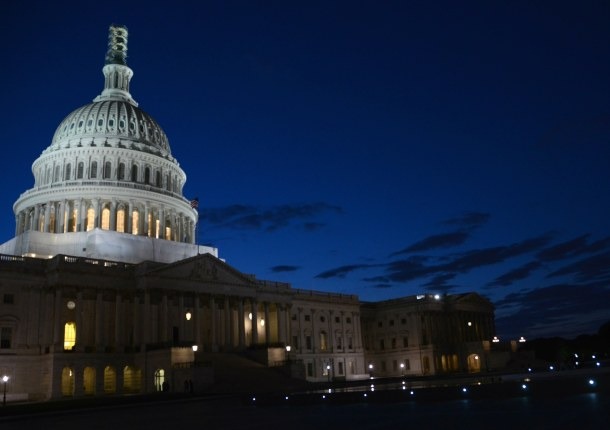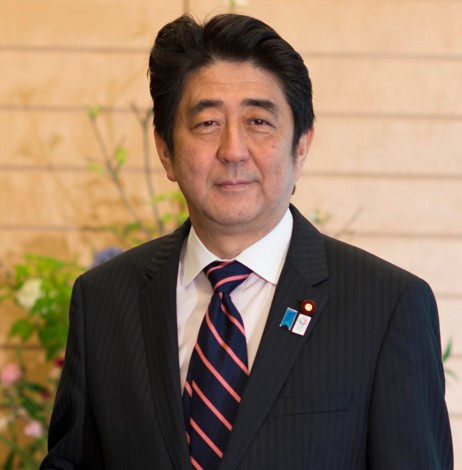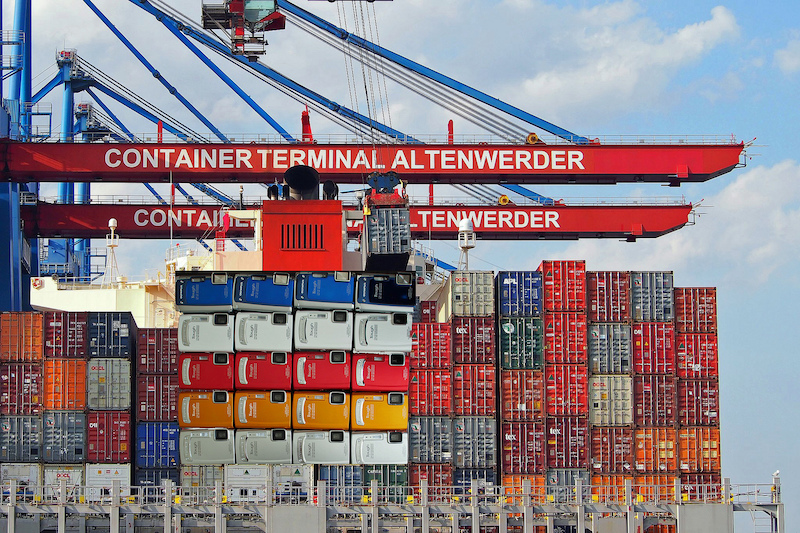On October 1st, 2013, after almost a month of rumours, the United States Congress let the government shut down for the first time in 17 years and for only the 18th time in the country’s history. The impact was telling not only domestically but on the international stage as well. Before that is discussed, it is important to provide some context.
What is a Government Shutdown?
A government is “shut down” when its Executive branch is unable to fully carry out its duties because it is financially incapable of doing so. This means that the government will provide nothing but essential services for the entire period that it is shut down. These are services that are deemed critical to national security and the protection of lives and property.
A United States government shutdown only happens when the United States Congress, constitutionally tasked with making money available to the Executive Branch, fails to approve the funds for the Executive branch by the beginning of the new financial year. In the 237 year history of the United States, a government shutdown has happened 18 times and never before 1976. From an economic standpoint, a short-term government shutdown is not as scary as it sounds. It morphs into a serious problem as the period gets longer because it presents the scary possibility of a country as powerful and as influential as the United States defaulting on its debts. That has never happened in United States history. However, a shutdown is still very important, especially abroad.
In the 16 days of the government shutdown, the United states lost 120,000 jobs and American economic growth slowed by 0.25% in the fourth quarter. Standard and Poor’s estimated that it could cost the U.S economy up to $24 billion- quite a steep price to pay for 16 days of government running at half capacity. 700,000 government workers were forced to sit at home without any pay for two weeks while their congress continued to negotiate a new deal to bridge the funding gap. Domestic reaction painted a picture of a people who had lost faith in their government and were frustrated with its dysfunction. Although domestic reaction was damning, a look at its international impact is important as well, since the United States remains the most powerful and most influential state actor in the international system. From the evidence so far, the shutdown’s international impact could prove to be more telling in the long run.
The Government Shutdown and Europe
As far as NATO logistics go, the shutdown did not harm the International Security Assistance Force (ISAF) effort in Afghanistan. NATO Secretary General Anders Fogh Rasmussen said that as far as he knew, the government shutdown had not affected American contributions to ISAF.
However, the shutdown’s symbolic significance in Europe may be more important. It was not surprising to hear European countries, many of which are NATO members, dish out thinly-veiled criticism of the American Government in the wake of the shutdown when one remembers that the United States government was amongst the most prominent voices in criticizing the way the European Union handled its debt crisis. At the time, the United States gave the impression that it was much better at handling financial difficulty. Le Monde, a popular French paper ran the headline “Jefferson, Wake Up. They’ve All Gone Mad!” German news authority Der Spiegel ran the headline “Shutdown Spectacle: America is already politically bankrupt.” EU president Jose Manuel Barroso implied an American double standard by claiming that Europe would have been savagely criticized had the shutdown happened in Europe.
There is also the feeling that the dynamics of transatlantic relations in the long run will be affected by this government shutdown. Dr. Josef Braml, an expert on transatlantic relations at the German Council on Foreign Relations in Berlin says that this is already showing itself in transatlantic security policy. He points to waning American commitment to NATO and the American pivot towards Asia under President Obama. He says that eventually Europe and especially Germany will have to think of making their own security arrangements.
On a more personal level, many Europeans cannot understand why the United States Government shut down on a healthcare issue. They believe that this is a mixture of politics and economics when the decision should have been made based on purely financial considerations. For a country widely renowned for its swift decision-making over the years, the shutdown takes the United States down a notch in European estimations.




